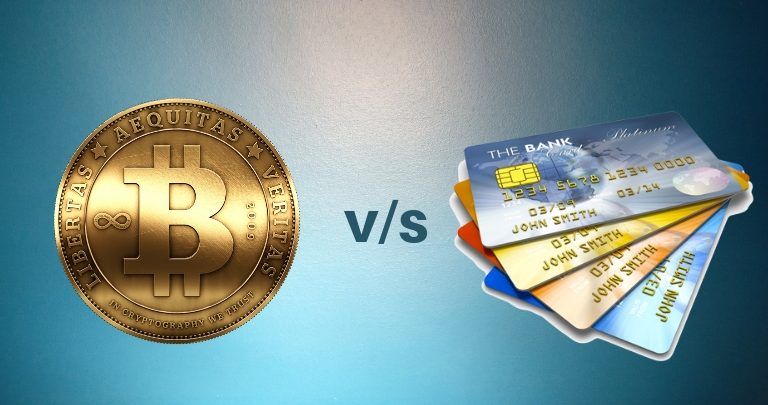
Bitcoin transactions are made using an anonymous alphanumeric address, that changes with each transaction, and a private key. Payments can also be made on mobile devices through using quick response (QR) codes.
While credits cards are stored physically in a wallet, bitcoin transactions are sent to and from electronic wallets, which can be saved on your computer, smartphone, or in the cloud.
Bitcoin transactions are irreversible and can only be refunded through the receiving party—a key difference from credit card transactions that can be canceled. This means there are no charge-backs for merchants when taking payment by bitcoin. A charge-back is the demand by using a credit-card provider for a retailer to cover the loss on a fraudulent or disputed transaction.
Bitcoin merchants also save on credit card fees that can vary anywhere from 0.5% to 5%, plus a 20 to 30 cent flat fee for each transaction made. Bitcoin payments can be sent and received at a very low price or none at all, as bitcoin fees are primarily based on the amount of data sent.
For merchants, the advantages of receiving bitcoin are obvious. Payments made the usage of the digital currency save significantly on processing fees and get rid of the risk of charge-backs. For shoppers, the advantages of paying with bitcoin consist of greater simplicity in placing the transaction, person anonymity, no interruptions from intermediaries, and very low transaction fees. (For example, your account being frozen as a result of a fraud alert).
Credit cards provide important beneficial features, such as the ability to borrow money, protection towards fraud, reward points, and vastly wider acceptance among merchants. While a few predominant retailers, which include Overstock.com (OSTK) and Newegg, have started to receive bitcoin, most have yet to make it a payment option. However, using credit cards carries the threat of incurring late fees, interest charges, foreign transaction fees, and probably adverse consequences on your credit score.
